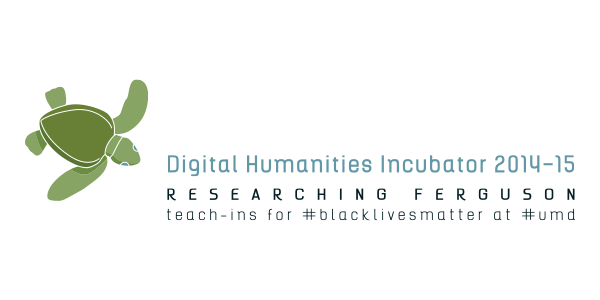
Session IV: Basic Navigation and Analysis of Your Data
**Instructors: **Ed Summers (MITH) Josh Westgard (Libraries) Now that you have collected your Twitter data, how do you use it to help answer your research questions? This workshop will help you do that by describing the anatomy of a Tweet, the mechanics of JSON data, and how to write a simple program to process the data. Learning how to dig into your Twitter dataset is an important step as you plan for some of the more advanced tools we will learn about in Session V. Participants in this workshop will come away with a better understanding of processing Twitter JSON data, and be able to programmatically explore the data with simple open source tools. This is a hands-on workshop, so in order to participate fully, please bring a personal laptop with you. You should also try to download and install Python and JQ (both are available free, see links below). We also recommend installing a text editor such as Sublime Text. Python: https://www.python.org/downloads/ JQ: https://stedolan.github.io/jq/
Speakers

Ed is a researcher and software developer working at the intersection of information technology and memory studies. His work is informed by a sociotechnical approach which emphasizes the role that communities of practice play in the development of infrastructure for libraries and archives, with a particular focus on web archives and social media. He has worked for the last two decades in academia, government and business. Prior to joining MITH Ed helped build the Repository Development Center (RDC) at the Library of Congress. There he led the design and implementation of the NEH funded National Digital Newspaper Program’s web application Chronicling America. Ed designed digital curation services for social media archiving and image quality analysis. He also served as a member of the W3C Semantic Web Deployment Group where he helped standardize SKOS, and implemented the initial version of LC’s Linked Data service.

